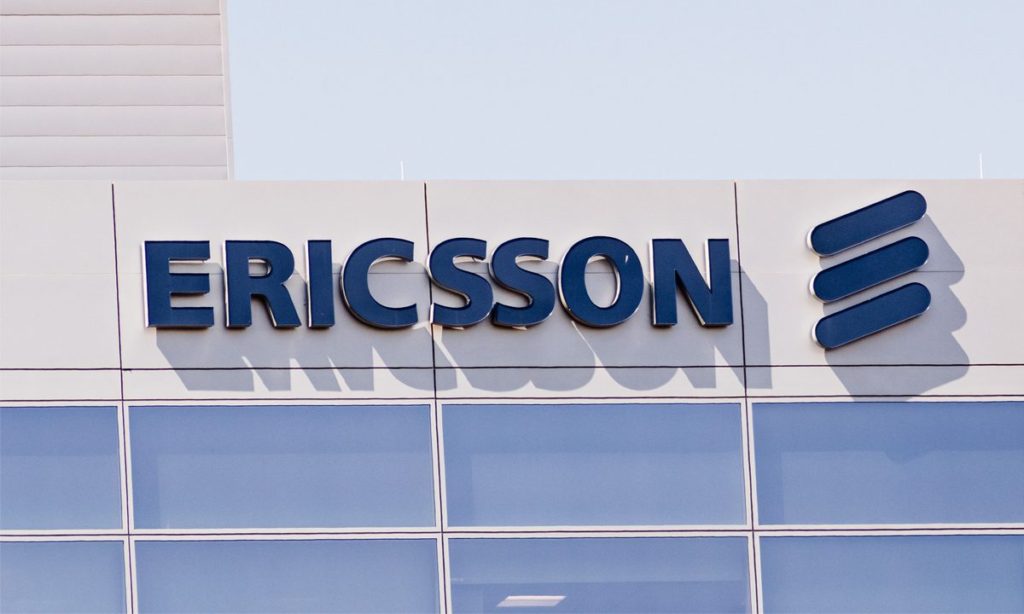|
Getting your Trinity Audio player ready...
|
Swedish telecommunications giant Ericsson (ERICb.ST) has announced a strategic partnership with Deutsche Telekom (DTEGn.DE) to introduce software tools aimed at developers and business customers. These tools, categorized as network application programming interfaces (APIs), are set to empower telecom operators to generate additional revenue streams by tapping into the potential of mobile networks.
The cornerstone of this partnership is the utilization of the Vonage platform, which Ericsson acquired for $6.2 billion in 2022. The network APIs will harness Vonage’s capabilities to facilitate developers’ creation of innovative use cases anchored in mobile networks.
One practical application of network APIs is enhancing 5G speed on-demand, a feature that can be employed, for instance, to locate a customer’s phone within a store during a transaction, thereby bolstering security against fraud.
Ericsson’s Chief Executive, Borje Ekholm, expressed his enthusiasm for this venture, saying, “We view the API business as a standalone business in itself, so we need to make that profitable by itself, and the way the revenue split works is attractive for us and will be attractive for Deutsche Telekom.”
According to predictions by telecom research firm STL Partners, revenue derived from mobile network APIs is poised to surge to over $20 billion by 2028. This significant growth underscores the industry’s recognition of the potential for APIs to reshape revenue streams.
The partnership also aligns with an open-source initiative called CAMARA, involving more than 140 companies. Under this project, these companies are collaborating to define, develop, and test network APIs. This collective effort aims to accelerate innovation in the telecommunications sector and create new opportunities for operators.
In the context of this collaboration, Ericsson and Deutsche Telekom are capitalizing on the vast investments made in 5G infrastructure. Telecom operators worldwide have committed substantial resources to build out 5G networks, and now they are seeking ways to realize returns on these investments.
Ericsson’s CEO, Borje Ekholm, shed light on the operator’s perspective, stating, “They (operators) want to get more revenue; they will be able to sell features, whether it’s speed, latency, or location authentication, they are going to sell a lot of different things coming out of the network. That gives them a new source of revenue they haven’t had for a long time.”
As the telecom industry continues to evolve and diversify its revenue streams, partnerships like the one between Ericsson and Deutsche Telekom demonstrate a commitment to innovation and the pursuit of opportunities in the ever-expanding telecommunications landscape.
